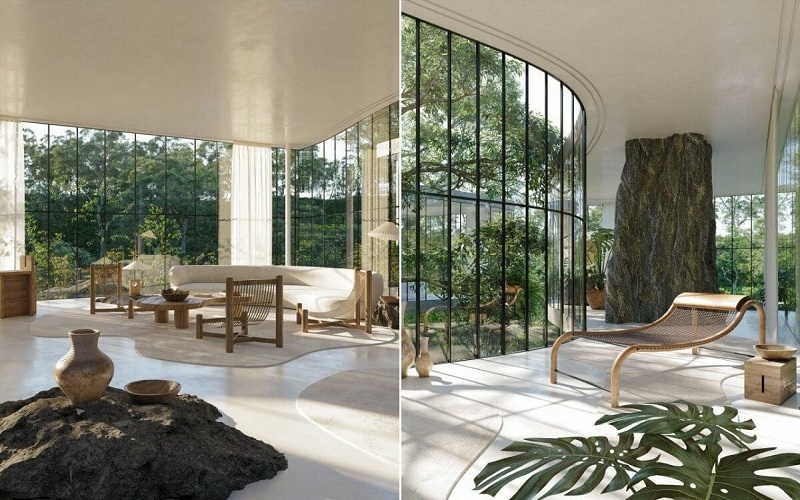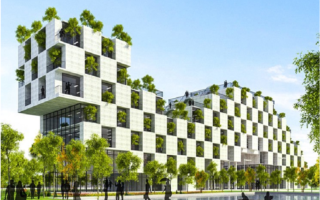In the fast-paced world of modern business, the design of commercial interiors plays a crucial role in shaping the work environment and influencing employee productivity, creativity, and well-being. Recognizing the restorative power of nature, many commercial interior design agencies are incorporating nature-inspired elements into workplace design to create environments that promote a sense of connection, vitality, and harmony. This article explores how interior design agency leveragebiophilic design principles to enhance the workspace environment and improve the overall quality of work life.
Biophilic Design Principles:
Biophilic design is grounded in the concept of biophilia, which posits that humans have an innate affinity for nature and natural elements. Drawing inspiration from this concept, commercial interior design agencies integrate biophilic design principles into workplace environments to evoke the restorative qualities of nature. These principles include incorporating natural light, vegetation, water features, organic shapes, and materials such as wood, stone, and bamboo into interior spaces.
Natural Light and Views:
One of the fundamental elements of biophilic design is the incorporation of natural light and views of the outdoors. Commercial interior design agencies strategically design workspaces to maximize access to daylight, minimize glare, and provide unobstructed views of nature. This not only enhances visual comfort but also boosts mood, energy levels, and circadian rhythms, leading to improved productivity and well-being among employees.
Biophilic Materials and Textures:
To create a sense of warmth and connection to nature, commercial interior design agencies incorporate biophilic materials and textures into interior finishes and furnishings. Natural materials such as wood, stone, cork, and rattan are used to add texture, depth, and visual interest to workspaces, evoking the sensory experience of being in natural environments. These materials not only enhance aesthetics but also contribute to a healthier indoor environment by reducing VOC emissions and promoting air quality.
Living Greenery and Biophilic Elements:
Living greenery plays a central role in biophilic design, with commercial interior design agencies integrating plants, green walls, and vertical gardens into workplace environments. These biophilic elements not only enhance aesthetics but also offer numerous health and wellness benefits, including air purification, noise reduction, stress reduction, and increased creativity and productivity. By bringing nature indoors, these elements create a sense of vitality and connection to the natural world, fostering a more positive and inspiring work environment.
Natural Patterns and Motifs:
Natural patterns and motifs inspired by the shapes, colors, and textures of the natural world are used to infuse commercial interiors with a sense of organic beauty and harmony. These patterns, such as leaf motifs, fractal geometries, and biomorphic shapes, are incorporated into architectural elements, furnishings, and decorative accents to evoke the calming and grounding effects of nature. By engaging with these natural patterns, employees experience a sense of tranquility and rejuvenation, enhancing their overall well-being and satisfaction with the workspace environment.
Conclusion:
Incorporating nature-inspired elements into commercial interior design is a powerful strategy for creating workspaces that are not only aesthetically pleasing but also conducive to employee well-being, productivity, and creativity. By leveraging interior design agency principles, commercial interior design agencies can transform work environments into vibrant, healthy, and inspiring spaces that foster a deeper connection to nature and promote overall happiness and satisfaction among employees. As the demand for wellness-focused workplaces continues to grow, biophilic design will play an increasingly important role in shaping the future of commercial interior design.




